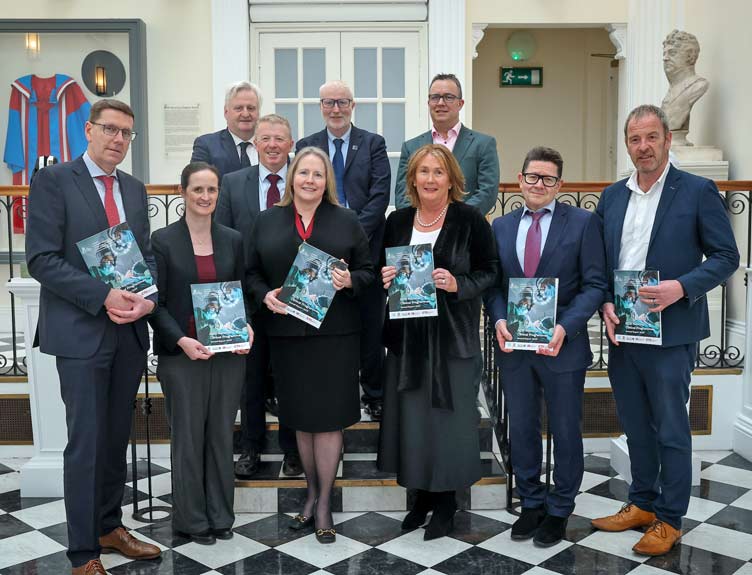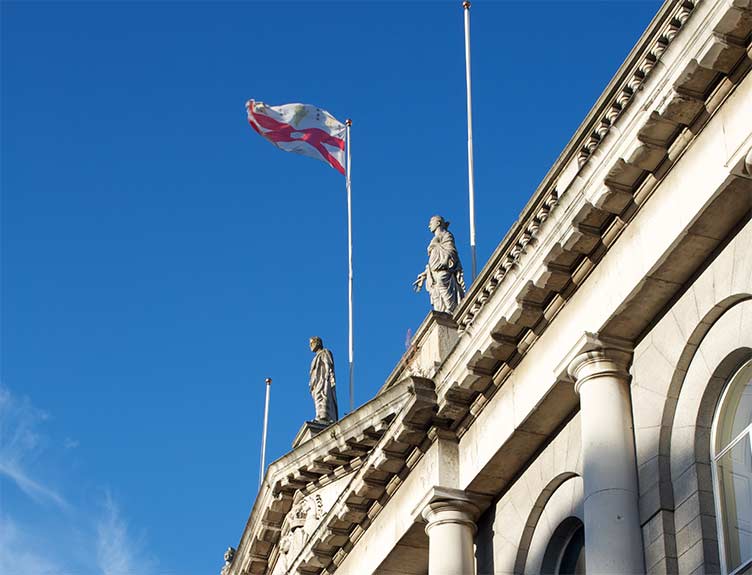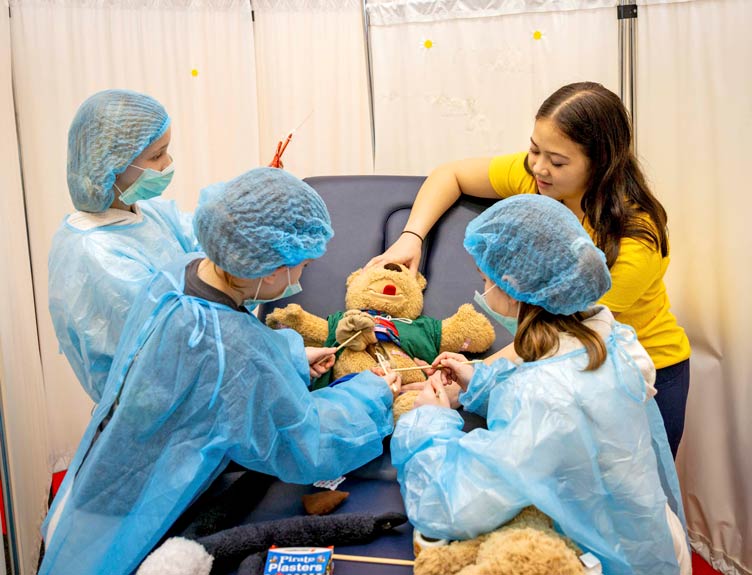RCSI partners on pioneering project to develop life-saving early warning system for extreme weather events
RCSI researchers are playing a leading role in a groundbreaking early warning system for extreme weather events in South Africa, being developed to empower vulnerable communities and healthcare systems in response to the devastating impacts of flooding and associated health risks.
RCSI’s Faculty of Nursing & Midwifery, in collaboration with the University of the West of Scotland (UWS), the University of KwaZulu-Natal (UKZN) and University of Portsmouth (UoP) will conduct the project through a pivotal grant of approximately £2 million from the National Institute for Health and Care Research (NIHR) for the project titled ‘Warning system for Extreme weather events, Awareness Technology for Healthcare, Equitable delivery, and Resilience (WEATHER)’.
Professor Mary Lynch, Executive Vice Dean for Research in the Faculty of Nursing & Midwifery at RCSI is a Principal Investigator on the project along with Professor Saloshni Naidoo from UKZN.
Professor Lynch emphasised the critical nature of this research: "The WEATHER project goes beyond technology and will aid in empowering communities to become active participants in building resilience. By working hand-in-hand with local stakeholders, we can ensure the warning system is truly effective and sustainable in the long term.”
A valuable model
The WEATHER project will focus on two vulnerable districts in KwaZulu-Natal, eThekwini and Ugu. The team will be collaborating closely with local communities and healthcare providers throughout the research process ensuring that the warning system developed is culturally sensitive, context-specific, and tailored to the unique needs of the target population.
The interdisciplinary team consists of experts from four universities: Professors Serestina Viriri, Michael Gebreslasie, Ozayr Mahomed, Drs Fikile Nkwanyana, Nisha Nadesan-Reddy from UKZN, Professors Fiona Henriquez-Mui, Muhammad Zeeshan Shakir, and Dr Natalie Dickinson from UWS, Professor David Ndzi from UoP and Professor Mary Rose Sweeney and Dr Llinos Haf Spencer from RCSI.
Professor Naidoo, UKZN remarked: "A successful WEATHER project would not only benefit our communities and strengthen the health system but also serve as a valuable model for other regions facing similar climate-related risks, potentially contributing to broader improvements across South Africa and in other low and middle-income countries."
Safer future for communities
Using cutting-edge technology geospatial technologies and artificial intelligence (AI), the WEATHER project will develop a comprehensive warning system tailored to the needs of affected communities. Geospatial technologies will collate weather/climate data and AI algorithms will analyse weather/climate and health data to identify patterns and trends which provides for more accurate predictions of flooding and associated health risks.
Additionally, AI-powered weather prediction tools will continuously monitor and assess flood risks in real-time, enabling swift interventions to minimise disease outbreaks. Warnings will be disseminated through developed mobile applications to provide more detailed information, maps, and resources tailored to specific locations and needs and through SMS text messages ensuring widespread reach even in areas with limited internet access.
Greater resilience
The NIHR grant represents a significant step towards building a safer future for vulnerable communities. Professor Lynch continued: "Thanks to this support, we can translate innovative ideas into tangible solutions, ultimately empowering people on the frontlines of climate change to face extreme weather events with greater preparedness and resilience."
RCSI is committed to supporting the United Nations’ Sustainable Development Goals (SDGs). We contribute significantly to the achievement of these goals and make a difference to human health through projects like this as well as a continued focus on initiatives which advance sustainability and improvements in global health and well-being.
You can read the full press release here.



